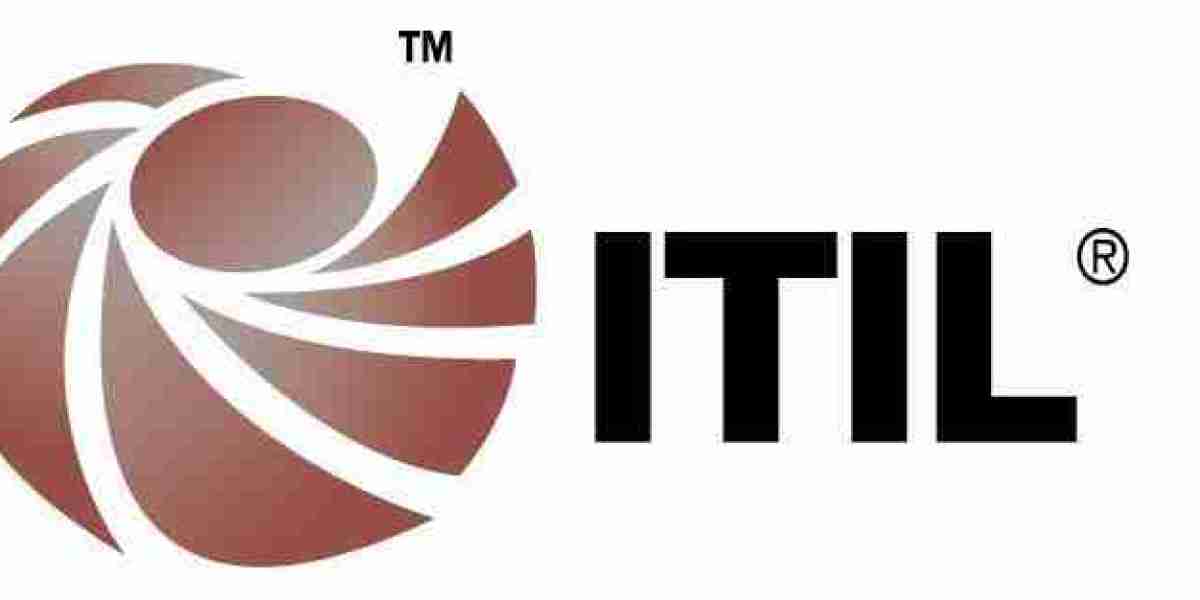In the fast-paced world of information technology (IT), organizations are constantly striving to deliver high-quality services to their customers while effectively managing their IT infrastructure. To achieve this, many companies turn to the Information Technology Infrastructure Library (ITIL) framework. ITIL provides a set of best practices and guidelines for IT service management, focusing on aligning IT services with the needs of the business. ITIL certification training plays a vital role in equipping IT professionals with the necessary skills and knowledge to implement ITIL practices effectively. In this blog post, we will explore the building blocks of ITIL certification training and how they contribute to IT service improvement.
Understanding ITIL Fundamentals
ITIL certification training begins with an introduction to the fundamental concepts and principles of the ITIL framework. Participants learn about the five core publications of ITIL, which cover various aspects of IT service management, including service strategy, service design, service transition, service operation, and continual service improvement. They gain insights into the lifecycle approach of ITIL and how each stage contributes to delivering valuable IT services.
Service Strategy
One of the key building blocks of ITIL certification training is understanding service strategy. Participants learn how to align IT services with the business objectives, identify customer needs, and define the value proposition of IT services. They gain knowledge about service portfolio management, demand management, and financial management, which help organizations make informed decisions about investments in IT services.
Service Design
The service design phase focuses on translating business requirements into actionable IT services. Participants learn how to design service solutions that meet the needs of customers while considering factors such as availability, capacity, security, and continuity. They gain expertise in service level management, service catalog management, and IT service continuity management, enabling them to design robust and resilient IT services.
Service Transition
In the service transition stage, participants learn how to effectively manage changes to IT services. They acquire skills in change management, release and deployment management, and knowledge management. ITIL certification training emphasizes the importance of minimizing the impact of changes on IT services while ensuring smooth transitions and minimizing risks.
Service Operation
Service operation is the stage where IT services are delivered and supported on a day-to-day basis. Participants learn about incident management, problem management, event management, and request fulfillment, which are crucial for maintaining the quality and availability of IT services. They gain insights into the importance of service desk operations and the role of IT operations management in ensuring smooth service delivery by sprintzeal.
Continual Service Improvement (CSI)
Continual Service Improvement (CSI) is at the heart of ITIL. Participants in ITIL certification training understand the value of continuously assessing and improving IT services. They learn how to measure service performance, analyze data, and identify areas for improvement. ITIL provides a structured approach to CSI, enabling organizations to drive efficiency, enhance service quality, and achieve business objectives.
ITIL Processes and Functions
ITIL certification training also covers various processes and functions that are essential for effective IT service management. Participants learn about incident management, problem management, change management, service level management, and many other processes that form the backbone of ITIL. They gain a deep understanding of the roles and responsibilities of different stakeholders involved in delivering IT services.
Implementing ITIL Practices
ITIL certification training goes beyond theoretical knowledge. Participants learn how to apply ITIL practices in real-world scenarios. They gain practical skills in implementing ITIL processes, managing service transitions, and driving continuous improvement. This hands-on experience equips them with the confidence and expertise to contribute to the successful implementation of ITIL in their organizations.
Benefits of ITIL Certification Training
ITIL certification training offers numerous benefits to both individuals and organizations. For individuals, it enhances their career prospects by demonstrating their knowledge and expertise in IT service management. It opens doors to new opportunities and positions them as valuable assets for their organizations. For organizations, ITIL-certified professionals bring the necessary skills to improve IT service delivery, optimize processes, and align IT services with business goals. ITIL certification also provides organizations with a competitive edge by demonstrating their commitment to delivering high-quality services.
Continuing Professional Development
ITIL certification training is not a one-time endeavor. ITIL is an evolving framework, and it is essential for IT professionals to stay updated with the latest practices and trends. Continuing professional development is a crucial aspect of ITIL certification. Professionals are encouraged to participate in ongoing training and certifications to enhance their knowledge and keep pace with industry advancements.
Conclusion
In conclusion, ITIL certification training serves as the building blocks for IT service improvement. It equips IT professionals with the knowledge and skills to implement ITIL practices effectively, align IT services with business objectives, and continuously improve service delivery. With the ever-increasing demand for high-quality IT services, organizations that invest in ITIL certification training are better positioned to meet customer expectations, drive efficiency, and achieve business success in the digital age.









